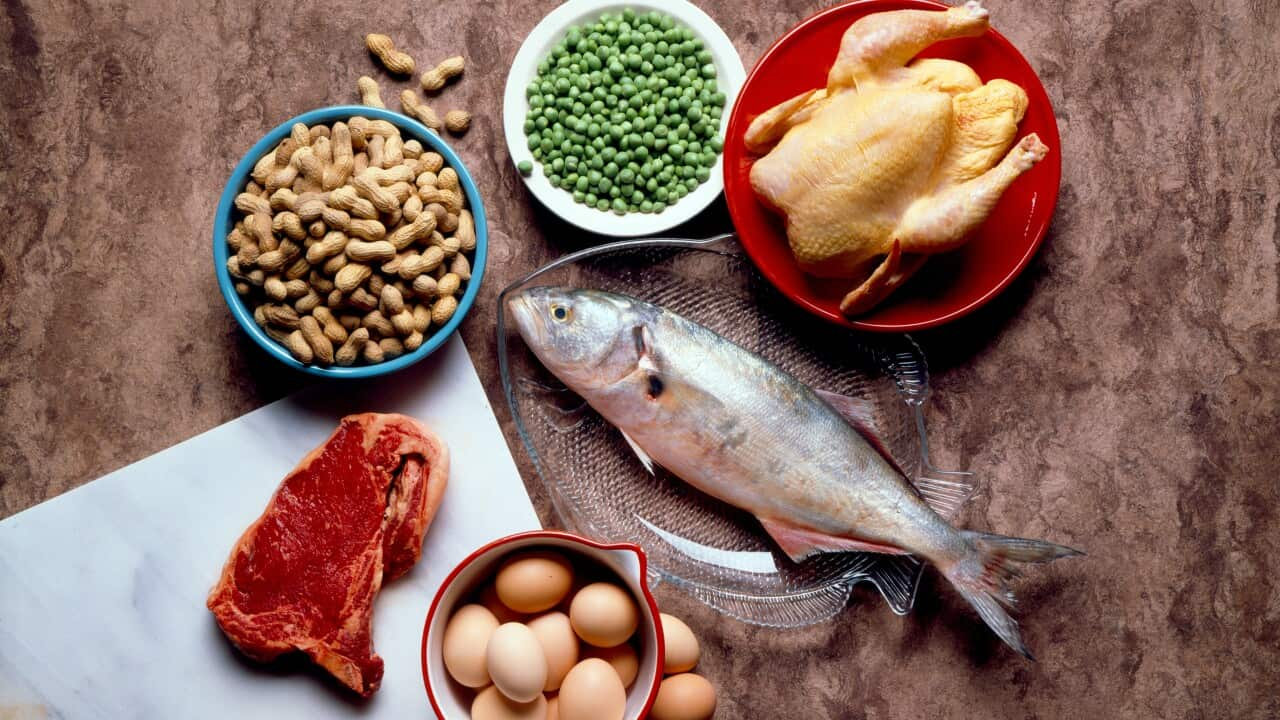TRANSCRIPT
It is a scenario that seems taken from a nightmare; a woman, giving birth to a child that isn't her own.
Fertility clinic Monash IVF confirms a patient at their clinic received an embryo that didn't belong to her, resulting in the birth of a child.
It says it became aware of the incident in February this year, when the child's birth parents requested to transfer their remaining embryos to another IVF provider.
As the clinic counted the number of embryos, it found an additional one that belonged to the birth parents.
An investigation then found a human error was made when transferring the embryo, despite what the clinic claimed were "strict laboratory safety protocols".
In a statement, Monash IVF Chief Executive Michael Knaap apologises for the incident.
“On behalf of Monash I-V-F, I want to say how truly sorry I am for what has happened. All of us at Monash I-V-F are devastated and we apologise to everyone involved. We will continue to support the patients through this extremely distressing time. Since becoming aware of this incident, we have undertaken additional audits and we're confident that this is an isolated incident. We are reinforcing all our safeguards across our clinics – we also commissioned an independent investigation and are committed to implementing its recommendations in full.”
Monash IVF says it has commissioned an independent investigation by Fiona McLeod, a senior counsel at the Independent Bar in Australia.
According to its annual report, Monash IVF's total revenue for the 2024 Financial Year was $255 million.
The Fertility Society of Australia and New Zealand, which is responsible for the national standards in assisted reproductive technology, says it is aware of the incident.
In a statement, its spokesperson says while incidents of this nature are rare, it expects a thorough response from Monash IVF.
"Incidents like this require the highest standards of transparency – while protecting patient privacy – along with rigorous investigation, and a sector-wide commitment to learning and improvement. The trust patients place in our profession is sacred, and we must continually earn it through clear governance, shared responsibility, and action. We ask that the privacy of the families involved is respected during this time, as they work through what is undoubtedly a complex and personal situation."
According to the Fertility Society of Australia and New Zealand, in 2021, over 18,500 Australian babies were born in the Assisted Reproductive Technology Units.
Dr Ying Li is a Sydney-based fertility specialist at Genea Sydney.
He says an incident of this kind is very rare, and he has not seen any similar cases in the past decade.
"The reality is, when embryos are created and used there are multiple checks in place. So when the embryos were initially created, there are checks, when the embryos are labelled and stored, there are checks, and then there are further checks when the embryos come to use. The organisations are mandated to audit their own identification process each year, and then each organisation and clinic is subject to an external audit every year for accreditation to practice IVF in Australia.”
Dr Li says besides the economic and psychological harm to both families, the incident may also lead to a complicated legal battle when it comes to parenting and custody arrangements.
"Under Australian law, genetics really doesn't determine parentage, it's the birth mother and the birth parents to determine parentage, so whoever give birth to the child is the legal mother or father of that child. And that creates a whole lot of ethical, social disturbance that end up evils for families involved and for children involved."
Currently, IVF services are regulated by individual states and territories, but the sector is still subjected to federal laws and national ethical guidelines.
In Queensland, the sector adopted self-regulation for a long time.
Last year, the Queensland government launched an investigation into the state's licenced assisted reproductive technology providers.
It identified what it called "significant systemic issues" relating to the services.
Following the report, Queensland parliament proposed and passed the state's first law on assisted reproductive technology.
It also established the donor conception information register, which will hold details about the donor conception procedures in the state in which a live birth occurs.
Professor Ian Freckelton is the co-director of Studies, Health and Medical Law at the University of Melbourne.
He says there is no legal precedent in Australia for this kind of case.
"There has been litigation to do with the destruction of gametes, and there was by facilities that has some. But nothing comparable to this. What's taken place is clearly a breach of duty of care, or put it another way, negligence, and so should an action be brought by either set of parents, that will forge new ground."
Professor Freckelton says it could be useful to have a federal law to oversee the sector, rather than leaving it to the states and territories.
"The reason why there is a separate legislation, which largely mirrors the federal family law act, is that artificial insemination is a state or territory responsibility. And so, there are different pieces of legislation in different part of the country. They do differ somewhat, but in this respectful instance, the Queensland and Victoria are very much alone."













